SYNOPSIS:
17-year-old Eli has just moved with his family deep into the backwoods of Kentucky to work on the isolated farm of a local recluse. Inexplicably drawn into the strange forest that lies beyond the farm, Eli encounters the beautiful, sweet and mysterious Amanda, seemingly the perfect girl. But with the discovery of decaying bodies hanging from the trees, he realizes that the forest – and Amanda – are harboring some very dark secrets. Suddenly, Eli is living in a waking nightmare where the lines between life and death are scrawled in blood, and there is no escaping the terror from beyond the grave.
REVIEW:
The Kentucky backwoods, steeped in folklore and dark patches of American history (many fleeing slaves met their ends before crossing the Mason Dixon Line there), is a lovely and untamed region, and the perfect backdrop for a celluloid campfire tale. “Last Kind Words” weaves the ghosts-in-the-trees plotline with a doomed love story that stretches both decades and the viewer’s sense of logic, never finding a true foothold along the journey. Though populated with great performances and southern gothic atmosphere to spare, its shortcomings are far too numerous to be overlooked.
Beginning years ago in the same forest the film takes place in and around, a father and son are in the midst of a hunting excursion. The boy wanders off and comes upon the corpse of a former slave, still hanging from the same branch where he’d met his fate nearly a century prior. This immediately raised the question, “Why the hell was he still up there after 100 years?” Even if no one gave a notice to the swinging carcass in all that time, certainly the rope would rot away after such an expanse. Still, it’s an effective moment, as the boy turns to come face-to-face with the slave’s ghost. He fires his weapon at the apparition, accidentally shooting and killing his dad. He staggers out of the wilderness, dazed and ashen. We are gifted no further information regarding this incident until much later, giving “Words” a most intriguing lead-in.
Present day introduces us to Eli, a 17 year-old who’s just arrived from the city with his parents Bud and Ida on the property bordering the woods. Bud has lost his job, and the family has no choice but to stay with his past childhood friend Waylon (portrayed by a cat I assume you’re familiar with, Brad Dourif), who owns a struggling farm. Projecting a troubled past with nuanced tension, Dourif and Clay Wilcox as Bud are outstanding together, and their moments onscreen are the highlights. Wilcox is exceptionally impressive here, garnering sympathy his abusive, alcoholic patriarch may or may not deserve. Dourif, who could have easily taken the Englund or Hauer route of self-parody at this stage in his career, never ceases to impress regardless of the material he’s at times stuck with. Not once have I seen the man phone it in, and his Waylon is no exception. As dutiful wife Ida, Marianne Hagan (“Stake Land,” one of the best recent vampire flicks) is given far less business than the “men folk,” but infuses her role with inner reserve, never dissolving into a whimpering set piece.
Unfortunately, “Words” isn’t about the adults’ cryptic dynamic. Instead, the lion’s share of focus is given to Eli, portrayed by Spencer Daniels like a young Jesse Eisenberg in puppy love mode. As he wanders the grounds, he meets Amanda (Alexia Fast), a beautiful girl his age who also has a penchant for introspective walks in the woods. Though engaging enough, Fast’s southern accent fades in and out to the point of annoyed distraction. You may even find yourself completely missing entire lines of her dialogue (no big loss, trust me) simply resisting the urge to smack the screen. They’re as bland as damp toast together, and this gooey center is not spiced up any by the presence of Katie (a very good and underused Sarah Steele), who serves the thankless purpose of adding a third and unnecessary point to our romantic triangle. By the final act, Katie is no more than an afterthought.
Once Amanda reveals a skeleton buried deep in the forest, Eli begins to put the disparate puzzle pieces together at a point when the phrase “too little, too late” came screaming to mind. Obviously, director Kevin Barker and co-writer Amy Riherd Miller thought so as well, because these moments are rushed to the point of being manhandled, defying all comprehensive reasoning. The scribes have clearly made a conscious decision that any explanation into the dead slave and Amanda’s ties to Bud and Waylon were small potatoes compared to their tragic “Twilight” clone (oh yeah, I went there) of a romance. The mystery abandoned, “Words” is more akin to a Nicholas Sparks treatment than a ghost story.
A heated confrontation leads to violence and the death of Bud, and “Words” becomes completely lost as a result of so many thematic wrong turns. The finale isn’t merely unsatisfying, friends, it’s damn near irresponsible. To introduce suicide as a viable option for any character involved is offensive on its own, but Barker and Miller take it one step further by actually attempting to justify these last moments. Social awareness aside, it was an inexplicably stupid way to end the entire affair, one that will leave you shaking your head and very possibly giving the screen that slap after all. I’d complained of feeling empty after my viewing of “Dark Touch” two movies ago, but that was a veritable symposium of happy closure compared to this.
Had “Last Kind Words” focused on the seasoned professionals gracing its cast of characters and their evolving relationships instead of giving over to stale teen melodrama, Barker and company could have delivered a solid ghost story. Confident acting coupled with capable direction in an eerily gorgeous setting mean nothing if there isn’t a script to back it up. However, the desire to cash in on a hopefully fleeting genre trend was more important to the film makers. I hope they’re laughing all the way to the bank, because the finished product is a dull and depressing waste of talent.
Last Kind Words (2012)
 Horror News | HNN Official Site | Horror Movies,Trailers, Reviews
Horror News | HNN Official Site | Horror Movies,Trailers, Reviews
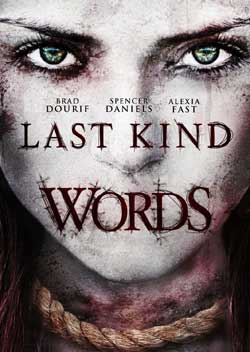
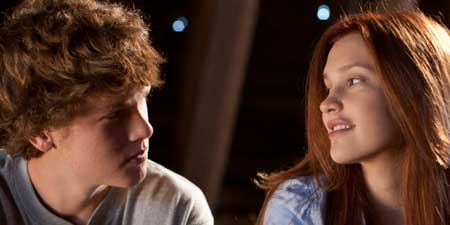
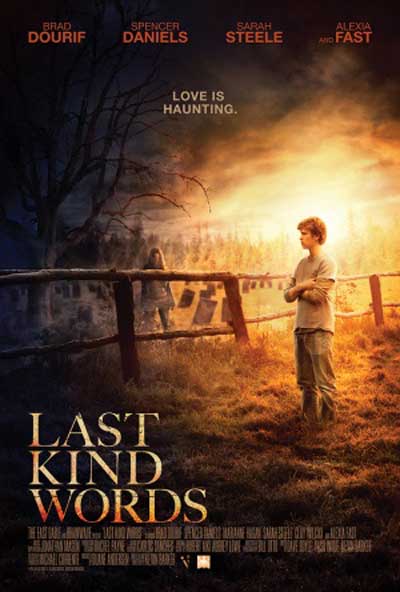
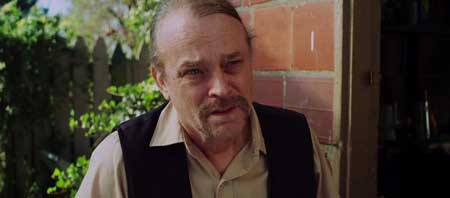

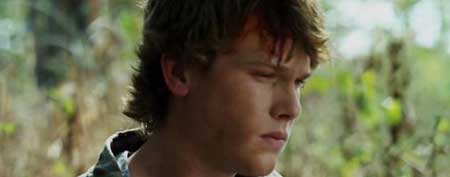
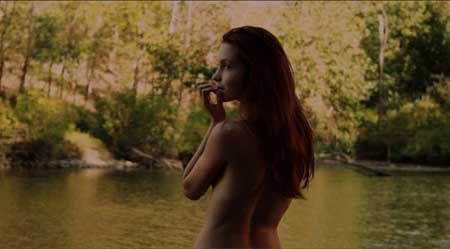
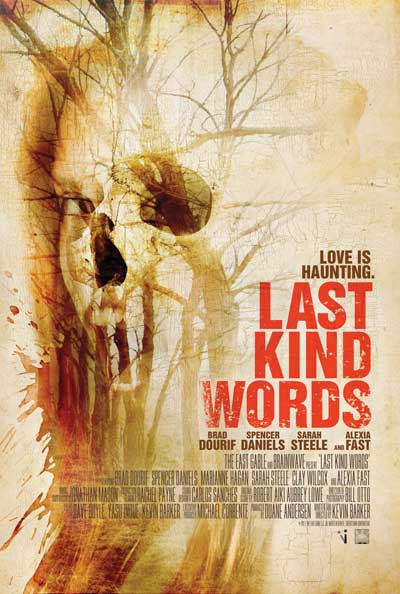
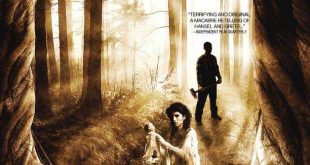
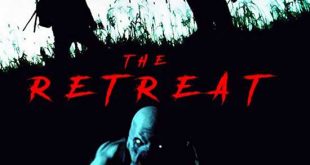
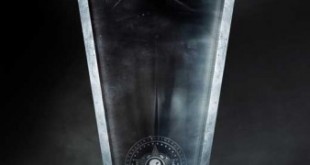

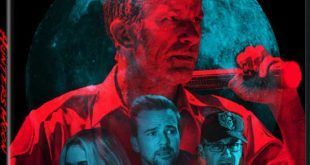

I liked elements of this film. It really needed a stronger emphasis on the horror elements to make a real impression. It was watchable but not much more.